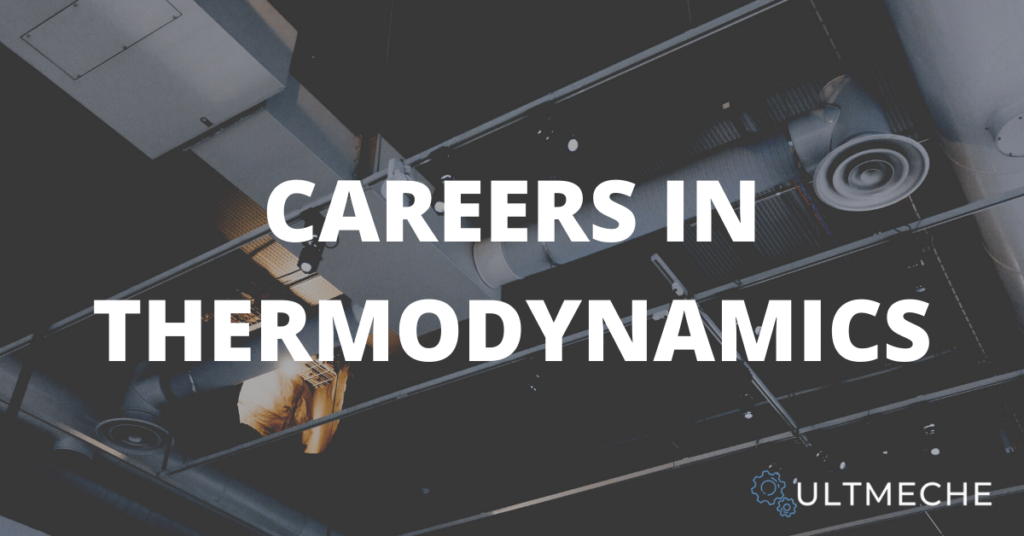
If you like math and science, consider careers in thermodynamics as a mechanical engineer.
Mechanical Engineers on average make $90,160 per year in 2020. This comes to about $43.35 per hour. Pretty good pay, right? Compare this to minimum wage at $15/hour (if living in California)
Note: We’re using the comparison to California minimum wage as a worst case example. $43.35/$15 = 2.89x multiplier from minimum wage. This multiplier will be much higher if living in a low cost state or using Federal minimum wage ($7.25 at the time of this writing in 2021). Comparing between minimum wage plays an indicator in how much you will make relative to what the minimum standard is.
Unfortunately, due to inflation, this 2.89 multiplier would’ve been much higher years ago. We can go into a rabbit hole on this topic, but more to come later.
Source: US Bureau of Labor Statistics
Let’s take a look at careers in thermodynamics, and see how those salaries compare to the median mechanical engineering salary.
Struggling through your thermodynamics class?
Don’t worry, all of your struggle is going to be worth it when you have that stable income from your job.
If you like thermodynamics out of all of your engineering classes, consider these companies to work for.
See salary and product information so that you can make an even more educated decision in picking a career in thermodynamics.
Careers In Thermodynamics
Chevron – Process Control Engineer
Average Salary
The average salary for an advanced process control engineer at Chevron is $135,226 per year, based on reported data on Glassdoor.
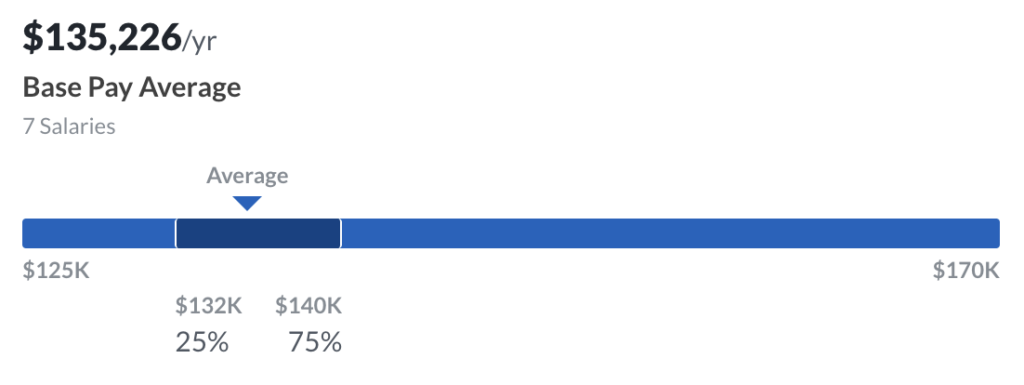
Source: Glassdoor
Job Description
Process control engineers at Chevron are responsible for tasks such as upstream and midstream business, regarding fluid extraction and oil refining. Process control engineers ensure that everything is running smoothly from an operations standpoint. Ultimately, they ensure profitability.
General Electric – Thermal Engineer
Salary
The average salary for a thermal systems design staff engineer is around $93,167 – $116,622 per year, which is higher than the median of $90,160.

Source: Glassdoor
Job Description
Thermal Engineers are responsible for the design, analysis, and testing of of products such as turbines. Experience in thermodynamics, heat transfer, and compressible flows are a must, because the job requires understanding of those systems to provide value. Knowledge of gas turbines are also a must, so take courses relating to jet engines, combustion, and power.
Even if the position at hand doesn’t relate to gas turbines, it’s all good stuff to know.
Products
GE 7HA.03 heavy duty gas turbine
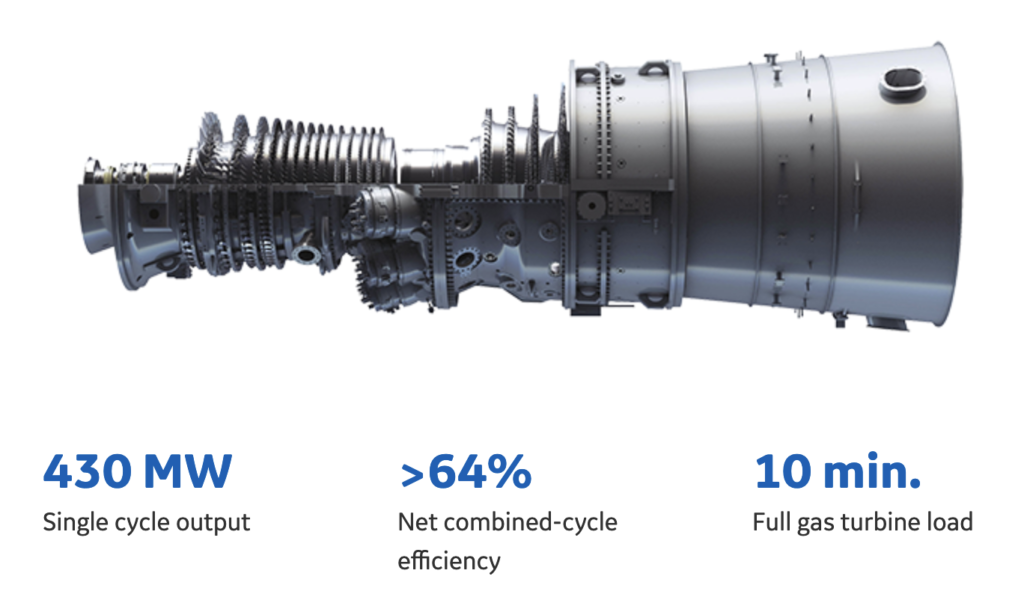
“GE’s 7HA high efficiency air-cooled gas turbine is one of the industry leaders among advanced class gas turbine offerings and is available in three models—the 7HA.01 at 290 MW, the 7HA.02 at 384 MW, and the 7HA.03 at 430 MW.”
ITT Goulds Pumps – Product Design Engineer
Salary
The average salary for a Product Design Engineer III at ITT Goulds Pumps is around $103,088 – 116,149, which is a decent amount higher than the median salary.

Products
Vertical Industrial Turbine Pumps
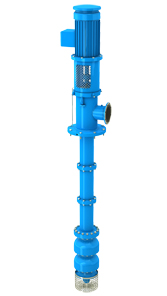
Using hydraulics to cover a wide range of services, such as oil and gas.
Goulds 3316 Two Stage Horizontally Split Case Pumps
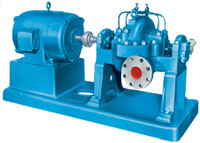
Two Stage, Horizontally Split Case Pumps designed for Boiler Feed, Mine dewatering and other applications requiring moderately high heads with a wide range of service conditions.
Job Description
Responsibilities include designing, analyzing, and testing vertical pump products using CAD. Pump components range from bearings, shafts, casings, and impellers. Knowledge of thermodynamics, fluid mechanics, and strength of materials is required to be a value added contributor.
Lockheed Martin – Thermodynamics Engineer
Salary

Source: Glassdoor
Job Description
Lockheed Martin requires thermodynamics engineers to support innovation in aircraft design. These engineers will perform analysis for thermal systems regarding military aircraft.
Thermal expansion is a widely considered parameter in the industry due to fluctuations in temperature upon operating conditions. Military aircraft go through harsh conditions, whether in higher or colder temperatures. Thermal expansion will occur as components change temperature so it is important to take those changes into consideration. These systems will require a means to translate the thermal expansion, otherwise it will impose stresses on components.
Products
Support Lockheed Martin in the following military aircraft:
F-35 Lightning II

F-21

Careers in Thermodynamics: Summary

Is a career in thermodynamics a lucrative career?
We say yes.
Although you’re going to struggle a lot in school, it will be worth it. Make sure though, while you’re in school, get as much value out of your learning experience as you can.
As you can read from the above, the salaries exceed that of the median a good amount. The Rankine Cycle consists of many different parts of the equation, whereas the products listed above fill in those different pieces. Ranging from pumps, to motors, to turbines, there are many options if you are interested in thermodynamics.
If those products don’t fit you, maybe take a look at military aircraft as there is a lot to take into consideration regarding thermal stresses for military aircraft.
Ultimately, our aim is to tie in various pieces in the industry along with the theory that you learn in class. If you’re able to connect the dots between theory and industry, you will be a successful engineer.
A great way to figure out what you want to do as engineer is, to take all of the classes you like, find products associated with those classes, and work on those products. Thermodynamics homework examples go over a lot of problems regarding power cycles – within those power cycles are pumps, boilers, condensers, and turbines. Homework problems can also include the heating of a house and calculating kW/hr of electricity and converting the power over to heat.If you’re not interested in thermodynamics, you should apply this thinking to a different subject, such as strength of materials or fluid mechanics. Mechanical engineering is a very broad discipline, there are many choices to choose from.
About the author

Kazuyoshi Fujimoto, PE
Founder | Engineering Career Coach | Principal Mechanical Engineer
Kazu oversees all of ultmeche’s engineering services. He provides consulting such as resume reviews, rewrites, mock interviews, and all services career related. Additionally, Kazu performs consulting work regarding Oil & Gas, Automotive, and Aerospace & Defense. Kazu is licensed as a professional engineer in the state of California and has 9+ years of experience in Oil & Gas, Automotive, and Aerospace & Defense.

4 thoughts on “Careers In Thermodynamics For Mechanical Engineers”